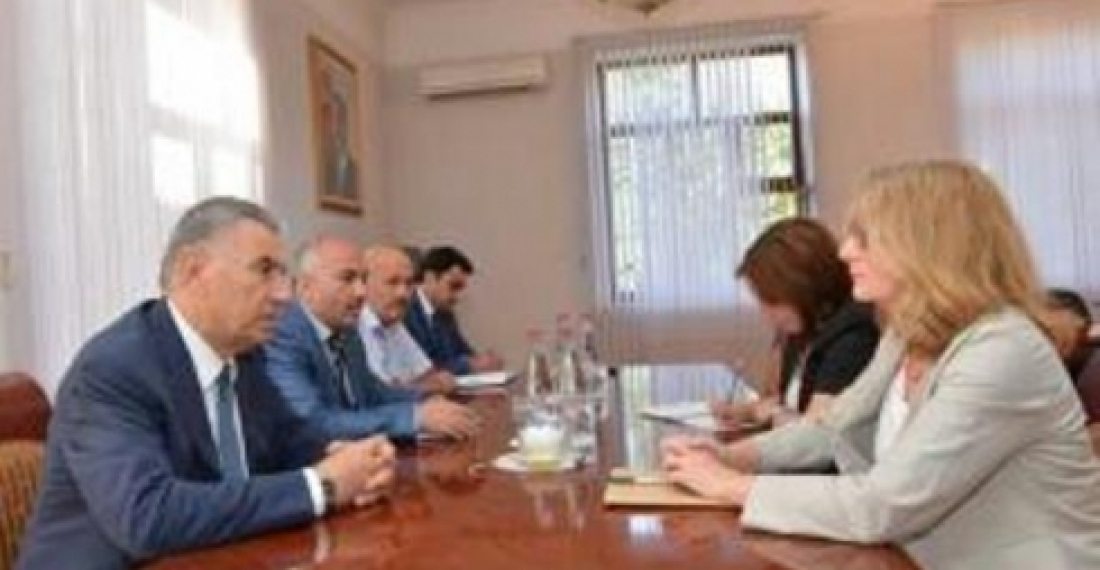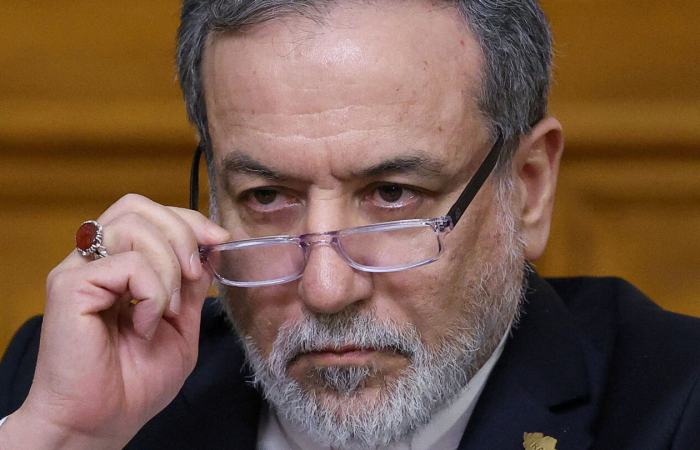Уже во второй раз менее чем за неделю правительство Азербайджана оказывает общественное давление на Международный Комитет Красного Креста (МККК) из-за плененных азербайджанцев в районе села Кальбаджар. Заместитель премьер-министра, председатель Государственного комитета по работе с беженцами и вынужденными переселенцами, Али Гасанов, 30 июля снова встретился с главой делегации МККК в Азербайджане Денизом Дюраном, чтобы обсудить вопрос о Шахбазе Гулиеве и Дильгаме Аскерове, которые находятся в армянском плену, и о возвращении тела гражданина Азербайджана Гасане Гасанове, который, был убит в том же инциденте.
Высокопоставленный чиновник Азербайджана публично раскритиковал работу МККК в этом инциденте и заявил, что должны быть предприняты более активные действия для возвращения тела Гасана Гасанова и по освобождению двух других пленников. Он также отметил, что все это вызывает недоверие гражданского общества, в том числе вынужденных переселенцев по отношению к международной организации.
Армения и Азербайджан дали различные интерпретации инцидентов, которые произошли в Кальбаджаре ранее в июле. Азербайджанская сторона говорит, что трое мужчин были из района, которые в настоящее время контролируют армянские силы, и пересекли линию соприкосновения, потому что они ностальгируют по месту их рождения. По словам армянской стороны, все трое являются членами террористической группы, и, поскольку они были в штатском на них не будет распространяться Женевская конвенция о военнопленных.
Армения изначально отказала МККК в праве доступа к двум пленным, но МККК удалось встретиться с ними в конце прошлой недели. В то же время погибший был похоронен властями Армении в Карабахе.
В продолжении к этому, в понедельник был обстрелян автомобиль МККК во время мониторинга режима прекращения огня во время сбора урожая в одной из приграничной деревне. МККК отказался комментировать публично данный инцидент. Армения обвинила Азербайджан в этом, но Министерство обороны Азербайджана категорически отвергло обвинения о том, что азербайджанские силы обстреляли автомобиль МККК.
Ситуация в самом Карабахе остается напряженной. Армения в минувшие выходные сообщила еще об одном погибшем солдате и двух раненных.
В то же время министр обороны Армении Сейран Оганян в минувшие выходные посетил зону конфликта в сопровождении министра обороны самопровозглашенной Нагорно-Карабахской Республики. Армянские СМИ заявили, что Оганян дал указание в ответ на повышенную активность со стороны азербайджанских сил. О том какие распоряжения были даны не сообщается.
Источник: commonspace.eu
Фото: заместитель премьер-министра Азербайджана Али Гасанов на встрече с главой делегации МККК в Баку 30 июля 2014 г. (фото любезно предоставлено АПА).







